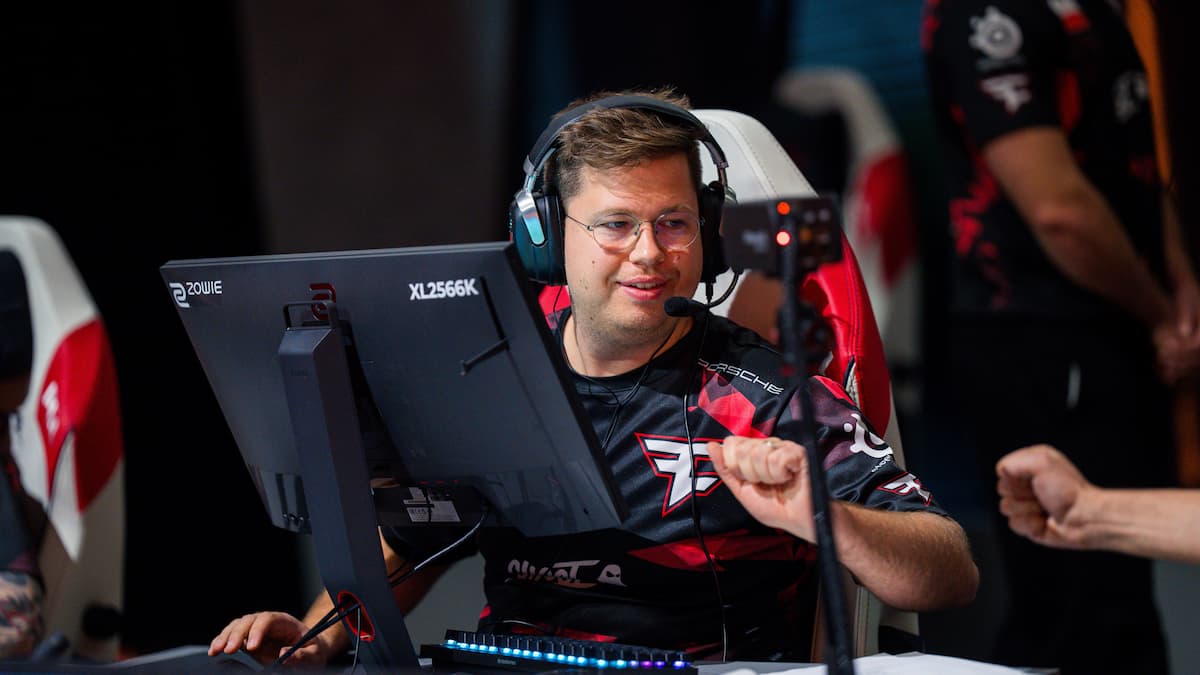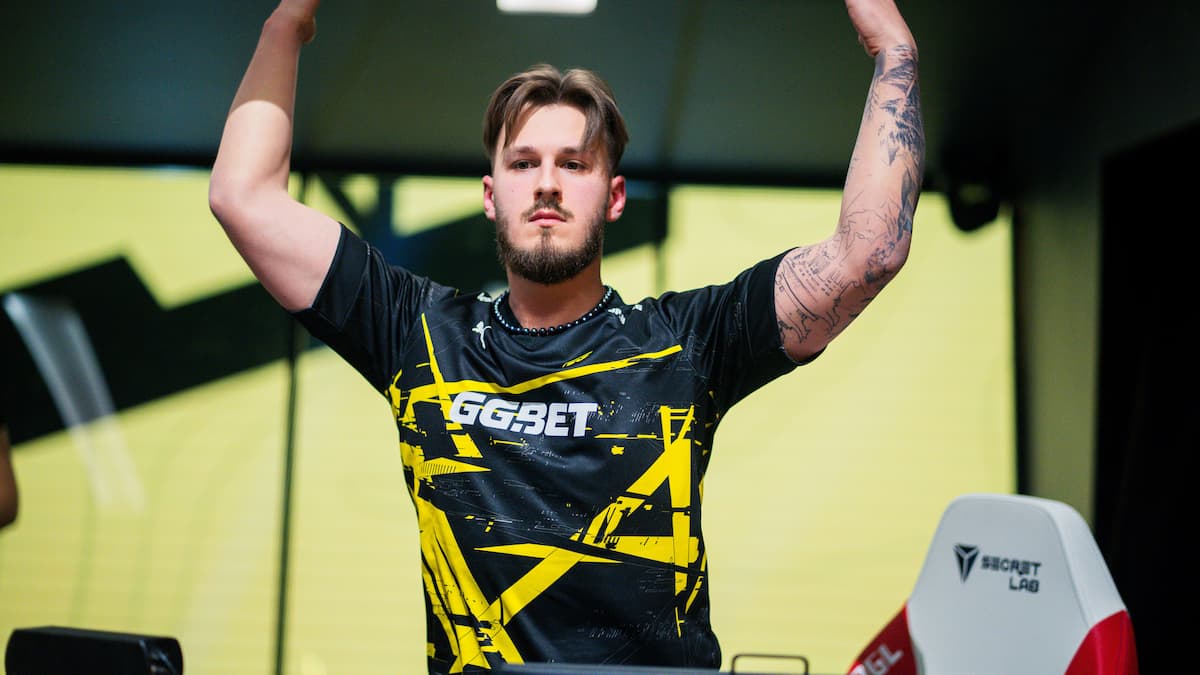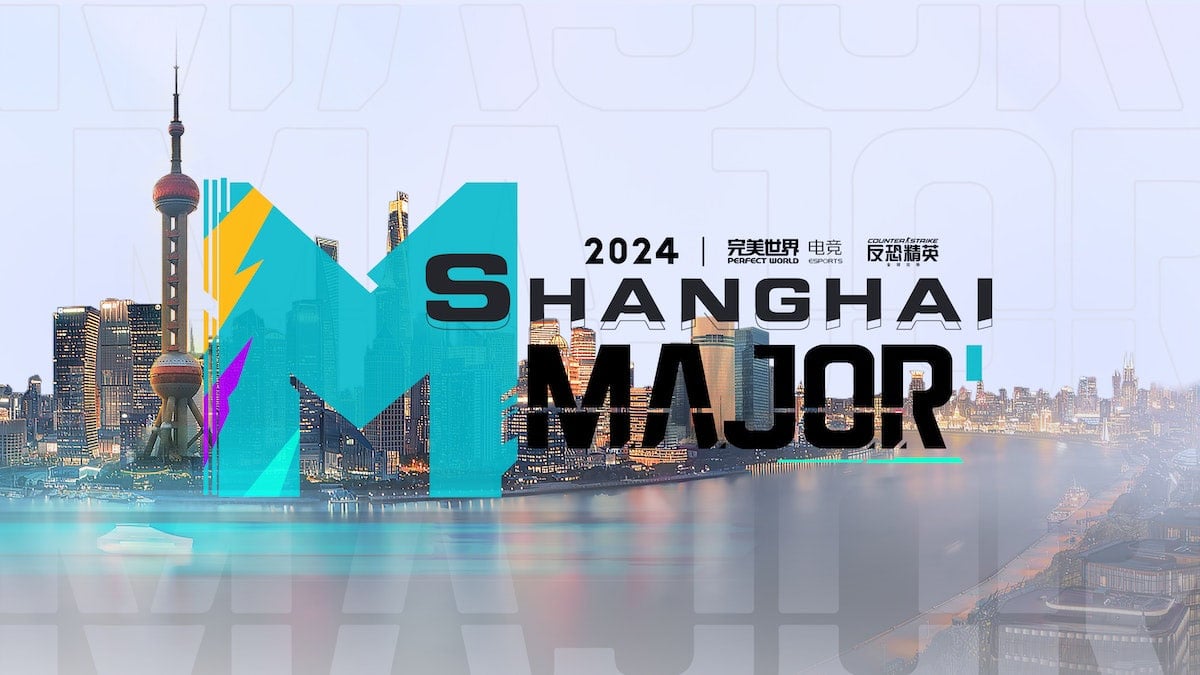Major League Gaming made waves when it announced in early November that it planned to take on Counter-Strike: Global Offensive.
The U.S.-based gaming organization has a long-established preference for games it can control. For Call of Duty pro teams and players, for instance, MLG has long been the only game in town. It’s often MLG’s way or the highway. So the move to feature a game controlled by Valve and run by varied tournaments and leagues across the world came as something of a surprise to many observers.
But with its entry into Counter-Strike, MLG can provide a base for the game in North America, one that simply hadn’t existed prior. The biggest league organizations in Europe overshadow those in America, and MLG could change all that. And after its hugely successful first tournament for the game, an invitational at the X-Games Aspen last month, it seemed MLG was well on track. The tournament was widely praised by fans and industry insiders alike. But after that brilliant debut, MLG has found itself mired in one of the game’s biggest controversies after partnering with players embroiled in one of the biggest match fixing scandals in Counter-Strike, and esports, history.
Counter-Strike: Global Offensive has grown immensely over the past year. That’s partly because Valve has done more to support the game than developers did in its earlier iterations, partnering with tournament organizers such as the Electronic Sports League and DreamHack, and creating new content such as the popular in-game pro team stickers. And MLG has recently shown a willingness to work in games they can’t directly control—especially games made by Valve. The company plans to launch a Dota 2 league later this year.
It’d be foolish for MLG not pursue these games. Counter-Strike and Dota 2 were two of the three most-watched games in January on popular streaming platform Twitch, trailing only League of Legends. Both games have established audiences and professional scenes.
Questions did exist as to how MLG would handle its first foray into Global Offensive, but those were answered with aplomb at the X Games Invitational.
Acting as a follow-up to MLG’s Call of Duty tournament at X Games last summer, the Aspen event featured high production values and strong broadcasting talent presenting one of the more exciting and unpredictable Counter-Strike tournaments in recent months.
With the exception of some early delays, things could hardly have gone much more smoothly. This prompted discussion of whether Valve might look to MLG to host future major tournaments, if they ever decide to move beyond existing partnerships with ESL and DreamHack.
At the same time, MLG looked to bring Counter-Strike its their daily broadcast portfolio on its streaming platform, MLG.tv. That service has been dominated by Call of Duty players, something MLG is obviously eager to change: In January, it announced it had signed popular Counter-Strike streamer and Torqued member Moe Assad to a streaming deal.
It would later add the entire Torqued roster, one of the best Counter-Strike teams in North America. It was a big move by MLG—but one that would immediately become problematic.
Last month, Valve banned four former iBUYPOWER players and their cohorts for their role in a match fixing scandal, first exposed by the Daily Dot. The banned players included two people listed in MLG’s announcement of a partnership with Torqued: Joshua “Steel” Nissan and Derek “dboorn” Boorn. To a certain extent, it could have appeared to be just bad timing: Valve’s bans came out on the same day that MLG had announced the deal with Torqued. But the Daily Dot’s own report about the players’ involvement in the match-fixing scandal, later confirmed by Valve, had been out for days before MLG’s announcement.
Still, it puts MLG in a tricky situation at best, and at worst appears to be a dramatic misstep amid all the company’s recent praise in the Counter-Strike community. And no matter how you see it, it’s an unfortunate turn of events for the company, whose desire to integrate popular domestic players into their fold quickly turned into a black eye.
Nissan’s involvement is an especially big question mark, as he served as in-game observer for MLG during their X Games broadcast and seemed poised to continue working with the company.
While Torqued may have seemed an attractive option given the popularity of people like Assad and Nissan, MLG surely couldn’t have been surprised that the controversy would follow them. Did MLG rely on assurances from the players? Did it simply underestimate the potential consequences of signing? MLG declined to comment on Nissan or Boorn for this story.
But even with this snafu, there’s no denying the success of MLG’s debut Counter-Strike: Global Offensive event, or its potential to capitalize on the growth of the game moving forward—especially if Valve deems MLG worthy of handling one of the game’s majors.
Image by TheQuickFix/Deviant Art






Published: Feb 6, 2015 04:59 pm